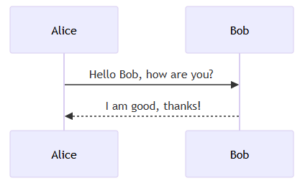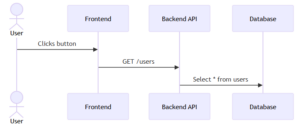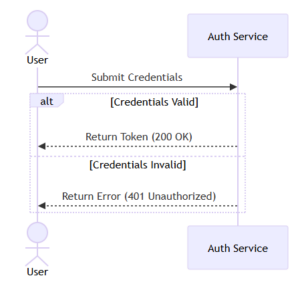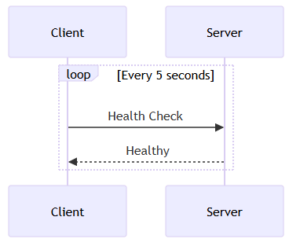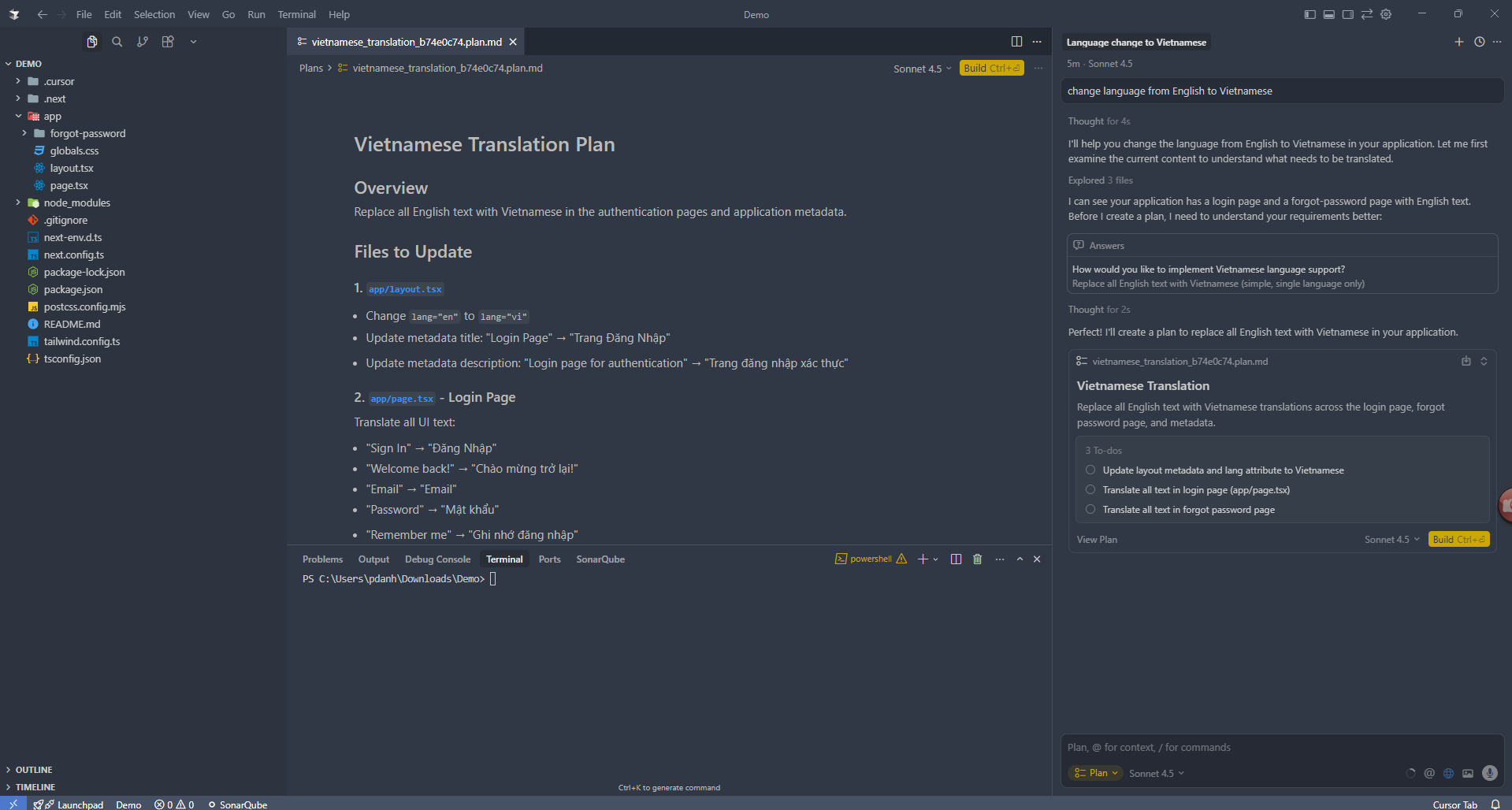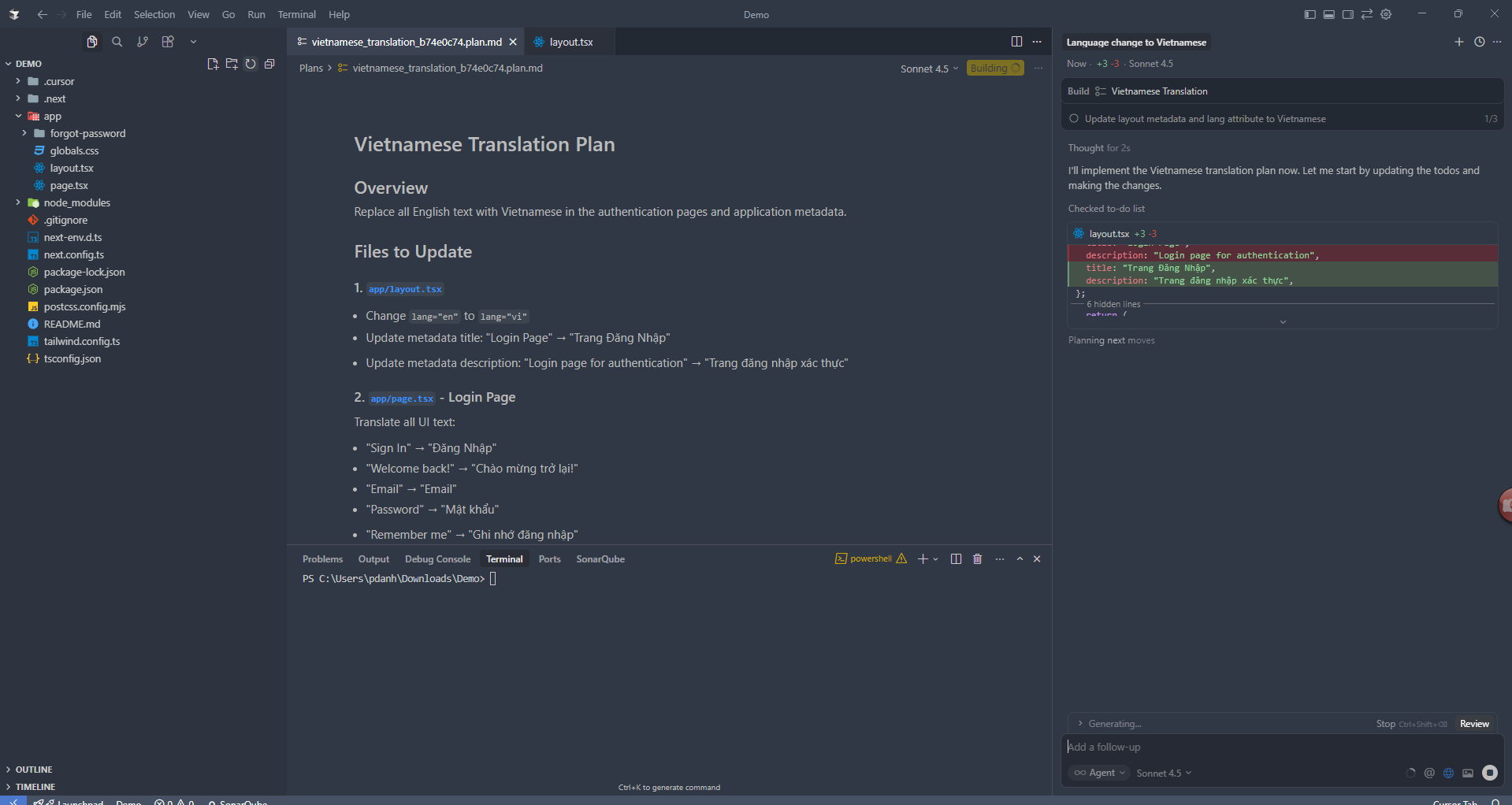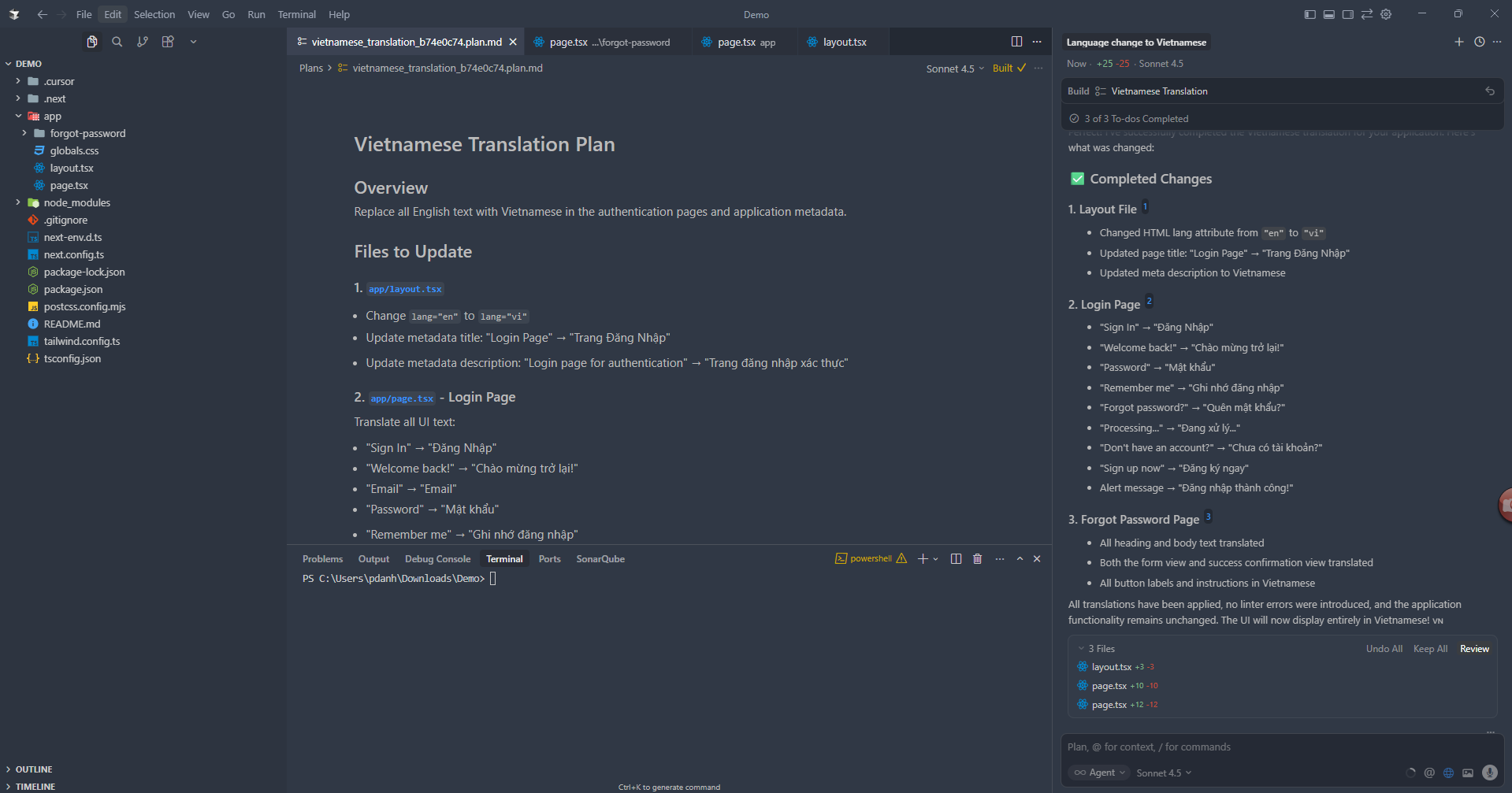Japanese isn’t the easiest language to learn, but with supportive tools, it can quickly become a rewarding part of your daily routine. In this guide, I will explore some of the best apps available to help you master Japanese, from beginner-friendly options to advanced resources. Whether you're just starting out or aiming for fluency, these apps cater to various learning needs and levels.
For beginners
1. NHK News Web Easy
NHK News Web Easy is an excellent starting point for beginners. This web provides daily news articles written in simple Japanese, complete with furigana (pronunciation guides) above kanji characters. Each article includes audio recordings, allowing learners to practice listening and reading simultaneously. The content is updated regularly, ensuring a consistent learning experience.

Pros:
- Simple language and clear pronunciation
- Regularly updated content
- Audio recordings for listening practice
Cons:
- Limited vocabulary range
- Occasional lack of context for certain words
2. Mazzi App
Mazzi is a powerful multilingual dictionary app that supports Japanese, English, Vietnamese, Korean, Indonesian, and more. It’s especially helpful for beginners, particularly those who speak Vietnamese or English. With Mazii, you can look up Japanese words, view example sentences, check Kanji meanings, and listen to correct pronunciations.
More than just a dictionary, Mazii also offers tools to help you study Kanji, prepare for the JLPT (Japanese Language Proficiency Test), and build your vocabulary effectively. It’s one of the best apps for English speakers learning Japanese thanks to its clear translations and practical learning features.
Another great advantage of Mazii is its flexibility. It is available both as a mobile app and a web version, so you can study anytime, anywhere—whether you’re on your phone or using a computer. This makes it easier to keep learning consistent, no matter where you are.

Pros:
- Support multiple languages
- Provide example sentences, Kanji meanings, and pronunciation
- Offer JLPT preparation and Kanji learning tools
- User-friendly interface
- Available on both mobile app and web version
Cons:
- May not cover all specialized vocabulary
- Occasional translation inaccuracies
- Some advanced features may require an internet connection or a paid account.
For listening practice
3. Netflix
Netflix offers a vast library of Japanese content, including anime, dramas, and movies. Many titles come with Japanese subtitles, allowing learners to follow along and improve their listening skills. The ability to adjust subtitle languages and playback speed further enhances the learning experience.

Pros:
- Extensive selection of Japanese content
- Adjustable subtitle languages and playback speed
- High-quality audio and video
- Available on both mobile app and web version
Cons:
- Requires a subscription
- Not all content includes subtitles
For vocabulary and grammar note
4. Quizlet
Quizlet is a versatile flashcard app/web that allows users to create custom study sets. For Japanese learners, it's an excellent tool for memorizing vocabulary and grammar points. The app offers various study modes, including matching games and tests, to reinforce learning.
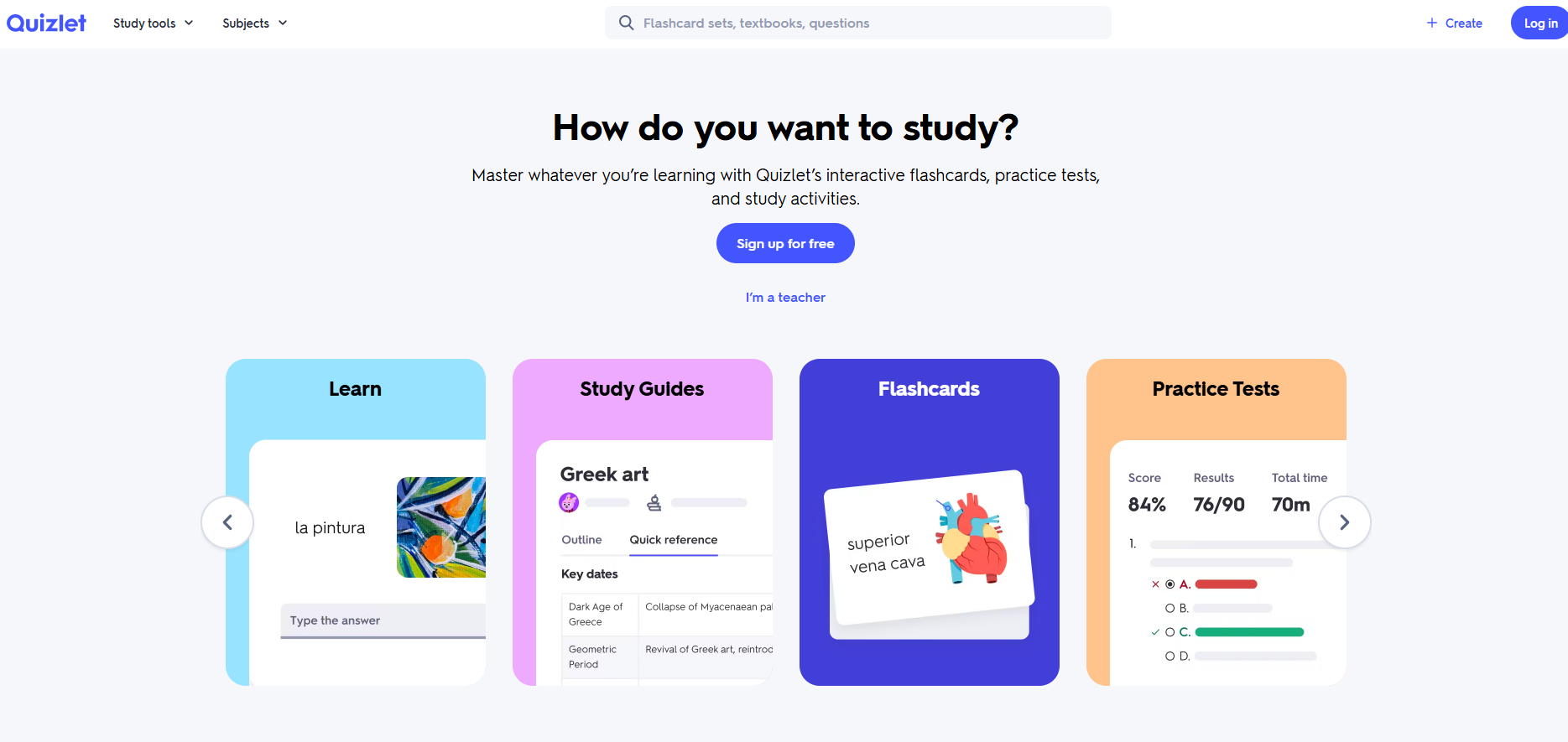
Pros:
- Customizable study sets
- Multiple study modes
- User-friendly interface
- Available on both mobile app and web version
Cons:
- Requires internet access for some features
- Limited advanced grammar content
- Some advanced features may require an internet connection or a paid account
For advanced learners: deepening understanding
5. Weblio.jp
Weblio.jp is a comprehensive Japanese–Japanese dictionary designed primarily for intermediate and advanced learners. It offers detailed definitions written entirely in Japanese, along with example sentences, kanji readings, stroke orders, and usage in context. This makes it a valuable tool for deepening your understanding of vocabulary and how it’s used naturally in native-level content.

One of Weblio’s standout features is its advanced search options. Users can search for words based on different criteria such as:
- Exact match (一致する)
- Words that begin with a specific phrase (で始まる)
- Words that include a certain phrase (を含む)
- Words that end with a phrase (で終わる)
- Words that appear in explanation text (を解説文に含む)
These features are especially useful when you're trying to distinguish between similar terms or study subtle nuances in meaning.
Pros:
- Fully detailed definitions written in natural Japanese
- Rich example sentences for context-based learning
- Advanced search functions for precise word lookup
- Useful for JLPT N2–N1 learners and beyond
Cons:
- All explanations are in Japanese, which can be difficult for beginners
- Some advanced features require a subscription
Using technology to boost your Japanese learning and career
Learning Japanese today is easier than ever thanks to a wide range of apps and tools. However, it’s natural to wonder how far technology alone can take you—especially when it comes to real-life communication or professional work. While translation tools like Google Translate are useful for quick assistance, they are not perfect. To truly master Japanese, particularly for careers in development, quality assurance, business, and more, it’s essential to build strong language skills beyond just relying on translations.
We’ve explored the strengths and limitations of translation tools in detail in our article “How effective are translation tools.” It’s a great read to understand when and how to use technology wisely in your language journey.
If you’re eager to put your Japanese abilities to practical use, ISB Viet Nam has a variety of exciting job opportunities waiting for you. From developers and QC/QA specialists to interpreters and business developers, we value your language skills and is committed to helping you grow professionally.
If you’re interested in combining your passion for Japanese with a rewarding career, don’t hesitate to contact ISB Viet Nam below to learn more about current openings and how you can join their team.
Email: recruitment@vn.isb.co.jp
Phone: +84 (028) 3812 7145
Reference
[1] Image source: Freepik, NHK News Web Easy, Netflix, Quizlet, Mazii, Webilo.

